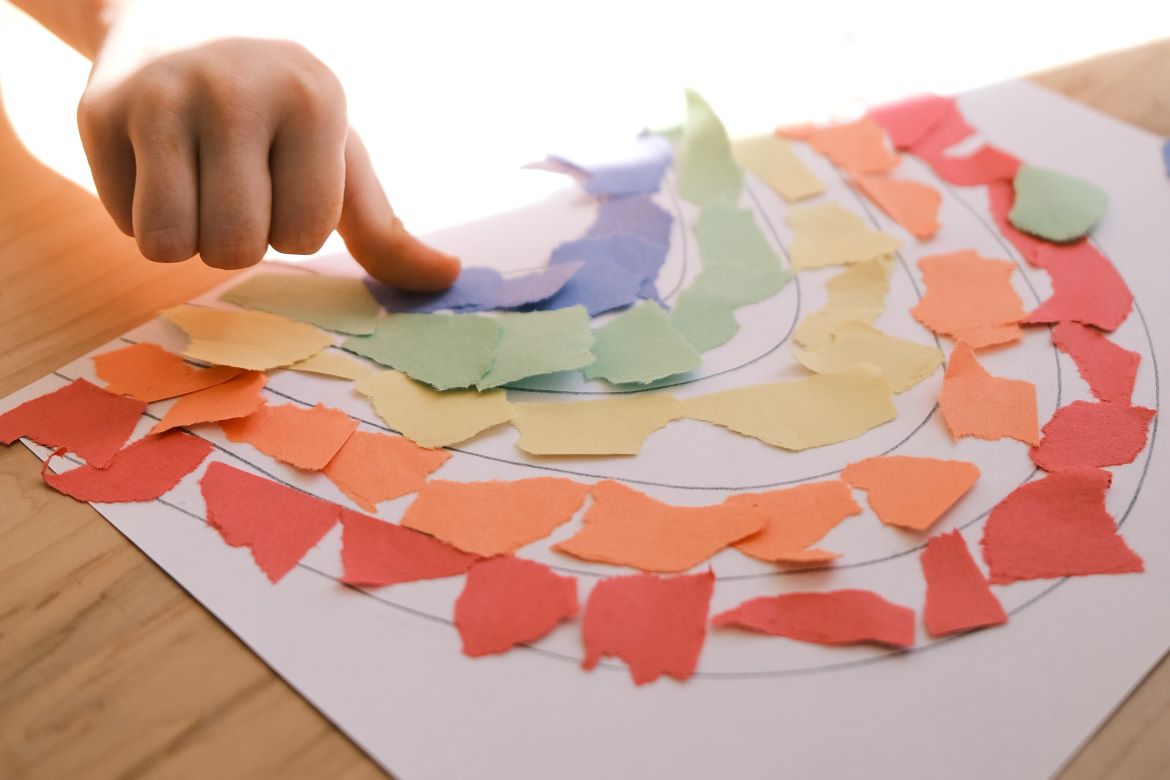By Jane Marsh
Your children’s development has a significant impact on their future. When you teach them that resources are finite at a young age, they are likely to carry those values into their adolescent and adult life. Ensuring your kids understand the importance of recycling materials helps both them and the planet.
Sorting the recycling also aids in the growth of little ones’ fine motor and decision-making skills. Identifying various materials, grouping them, and placing them in specific bins develops unique abilities in children. Recycling is also vital to teaching them that their actions have effects.
There are seven recyclable materials you can observe with your children. Each of them holds the potential for new learning experiences and activities.
Connecting with your little ones through environmental conservation can show them you care about their development and about protecting their future home.
1. Paper
The typical American consumes seven trees per year – this calculates to 2,000,000,000 trees per year nationally. Paper products utilise a significant volume of space in landfills. One can recycle most of these paper products to close the gap between deforestation and paper production.
To teach your kids about the importance of recycling paper, first bring their awareness to paper consumption. Have them scavenge the home for everything made of paper. Once they realise that paper produces their favorite books, coloring sheets, and even napkins, they will gain a broader understanding of their level of intake.
Then, have them help sort what can and cannot be recycled. Outside of paper plates, tissues, paper towels, and napkins, they can place most paper products in the recycling bin.
2. Animal Products
The production of animal products emits a harmful greenhouse gas into the atmosphere called methane. This gas is 84 times more effective at warming the planet than naturally occurring air pollutants. The agricultural industry is responsible for 40% of the methane in the air.
To teach your little ones about giving these goods a second life, you can schedule to have animal by-products picked up by repurposing companies.
They take the used products, like grease, and convert them into energy sources.
Include your children in this process to show them how to repurpose food. Together, research the different ways society utilises recycled energy, like in animal-oil-fueled cars.











